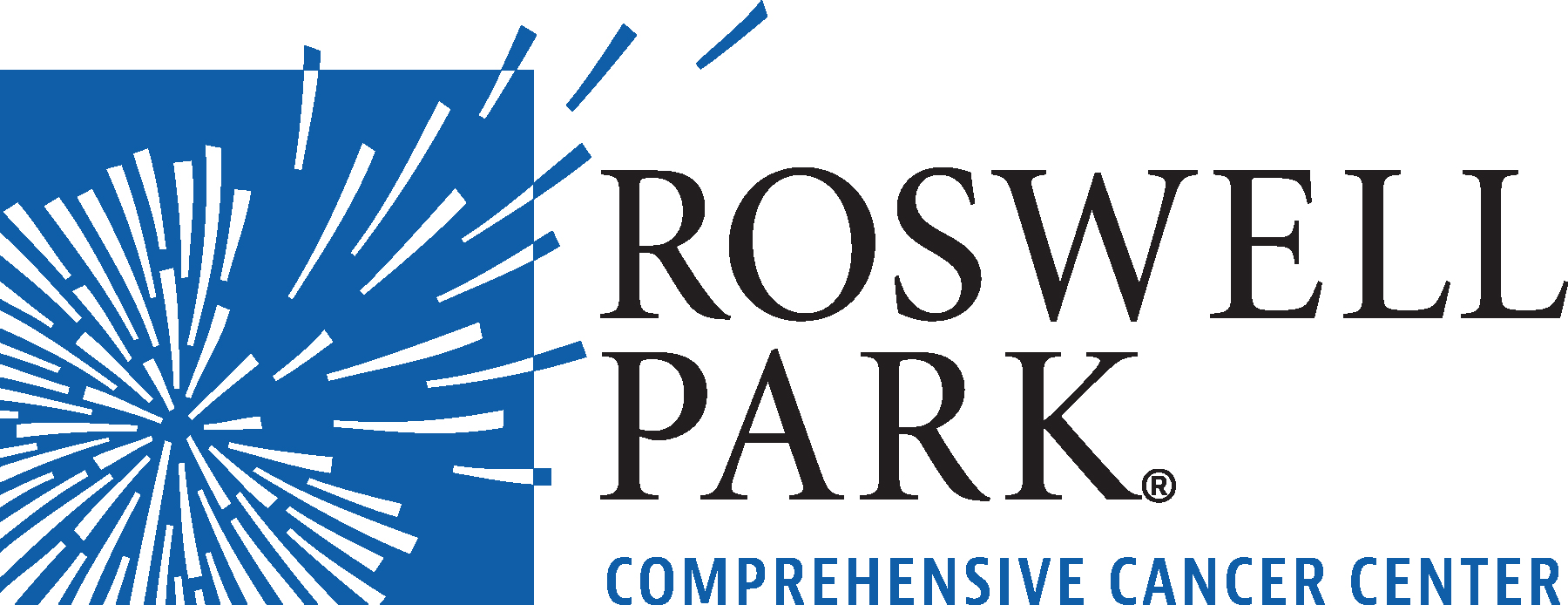- Fungi in pancreatic tumors enhance secretion of protein that makes tumors grow
- Antifungal treatment or removal of that protein, IL-33, slowed tumor growth
- Findings point to a new treatment strategy using existing drugs
Newswise — BUFFALO, N.Y. — Scientists at Roswell Park Comprehensive Cancer Center have identified a potential new target for the treatment of pancreatic cancer. The study, published today in Cancer Cell, outlines the team’s discovery of a fungus-activated pathway that fuels the production of a molecule present in cancerous cells in the pancreas, opening a possible new treatment avenue for patients with this devastating disease.
Pancreatic ductal adenocarcinoma (PDAC), which accounts for more than 90% of all types of pancreatic cancer, is an aggressive and largely incurable disease, with limited therapeutic options and a 5-year survival rate of about 12%. PDAC tumors are dominated by cells that suppress the immune response to cancer and fuel disease progression, and currently available chemotherapy drugs often cannot penetrate the dense stroma surrounding PDAC tumors, making PDAC highly aggressive and resistant to therapies.
“Pancreatic ductal adenocarcinoma is projected to become the second deadliest cancer by 2030 because it is so difficult to treat,” says Prasenjit Dey, PhD, Assistant Professor of Oncology in the Department of Immunology at Roswell Park and senior author of the study. “Most current therapies are palliative and cannot provide long-term survival, so there is an urgent need for new therapeutic targets.”
A hallmark of PDAC is mutation of the Kras gene, which initiates the formation of tumors and drives cancer progression. Using a preclinical model, Dr. Dey and colleagues discovered that in PDAC cells, a particular oncogenic mutation — KrasG12D — triggers the production and release of the protein interleukin-33 (IL-33), which in turn stimulates tumor growth. In a proof-of-concept study, the Roswell Park researchers confirmed that genetic removal of IL-33 decreased tumor burden and prolonged survival. Surprisingly, they also found that the IL-33 pathway driving tumor growth depends on fungi within the tumor microenvironment.
“A healthy pancreas is typically sterile, with the notable exception of pancreatitis,” says Dr. Dey. “This is one of the first studies to show the presence of a fungus inside a tumor. Our work revealed an important connection between the fungal mycobiome and the secretion of IL-33 in tumors, which could change the way we treat PDAC.”
In the new study, the team identifies two types of fungi, Malassezia and Alternaria, that can invade the pancreas from the duodenum, promoting tumor progression. In a preclinical model, antifungal treatment significantly decreased PDAC tumor progression.
“This cooperative interaction between fungi and cancer cells in the tumor identifies a potential therapeutic strategy for PDAC,” says Dr. Dey. “Although the definitive link between fungal components and IL-33 secretion remains to be defined, our study suggests that antifungal treatment, combined with chemotherapy or immunotherapy to reduce or eliminate IL-33 in tumors, might be an effective treatment option for patients with this form of pancreatic cancer.”
Dr. Dey and colleagues are currently investigating whether the combination of an antifungal agent and immune checkpoint inhibitor can improve antitumor immune responses and outcomes in patients with PDAC.
The study was made possible by core resources supported by Roswell Park’s core grant from the National Cancer Institute, or NCI (P30CA016056). The work was also enabled by several NCI grants (R00CA218891, R01CA262822, R01CA188900, R01CA172105 and P01CA234212) and by donations to Roswell Park.
###
An online version of this release is available on our Newsroom.
Roswell Park Comprehensive Cancer Center is a community united by the drive to eliminate cancer’s grip on humanity by unlocking its secrets through personalized approaches and unleashing the healing power of hope. Founded by Dr. Roswell Park in 1898, it is the only National Cancer Institute-designated comprehensive cancer center in Upstate New York. Learn more at www.roswellpark.org, or contact us at 1-800-ROSWELL (1-800-767-9355) or [email protected].
MEDIA CONTACT
Register for reporter access to contact detailsCITATIONS
P30CA016056; R00CA218891; R01CA262822; R01CA188900; R01CA172105; P01CA234212; Cancer Cell

